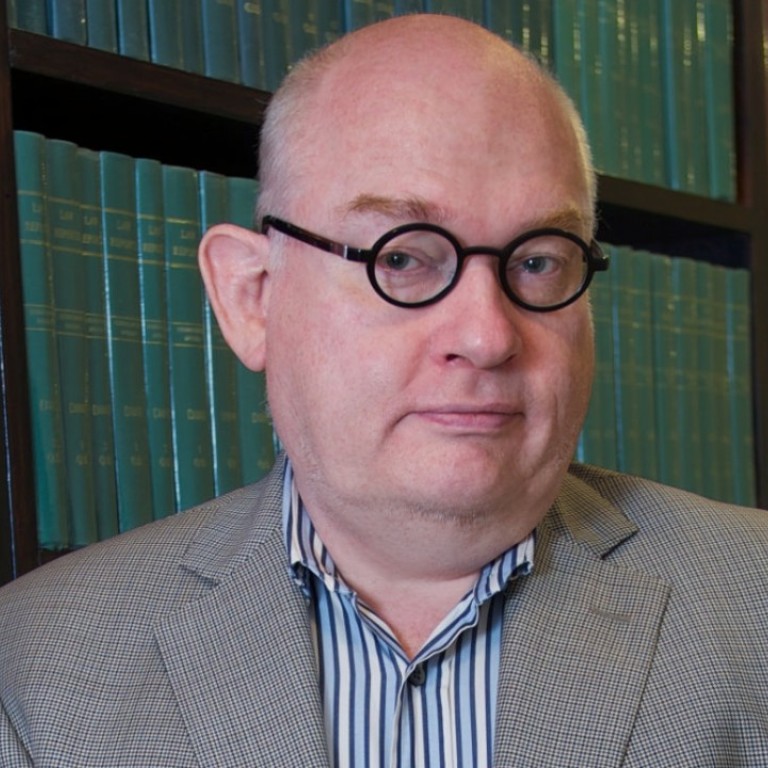
Five books a human rights lawyer in Hong Kong couldn’t live without: Philip Dykes’ must-reads for a desert island
The chairman of the Hong Kong Bar Association’s picks include an insight into a world gone forever, a Latin translation of the Bible and the comic adventures of an English gentleman and his manservant
The five books a Hong Kong charity head couldn’t live without: Alia Eyres’ must-reads for a desert island
A decade later he joined the attorney general’s chambers in Hong Kong as a crown counsel. He was part of the Hong Kong government contingent on the British side in the Sino-British Joint Liaison Group. He went into private practice in 1991 and was one of the last barristers to be appointed Queen’s Counsel in 1997.
In his own words, here are the five books he would take to a desert island.
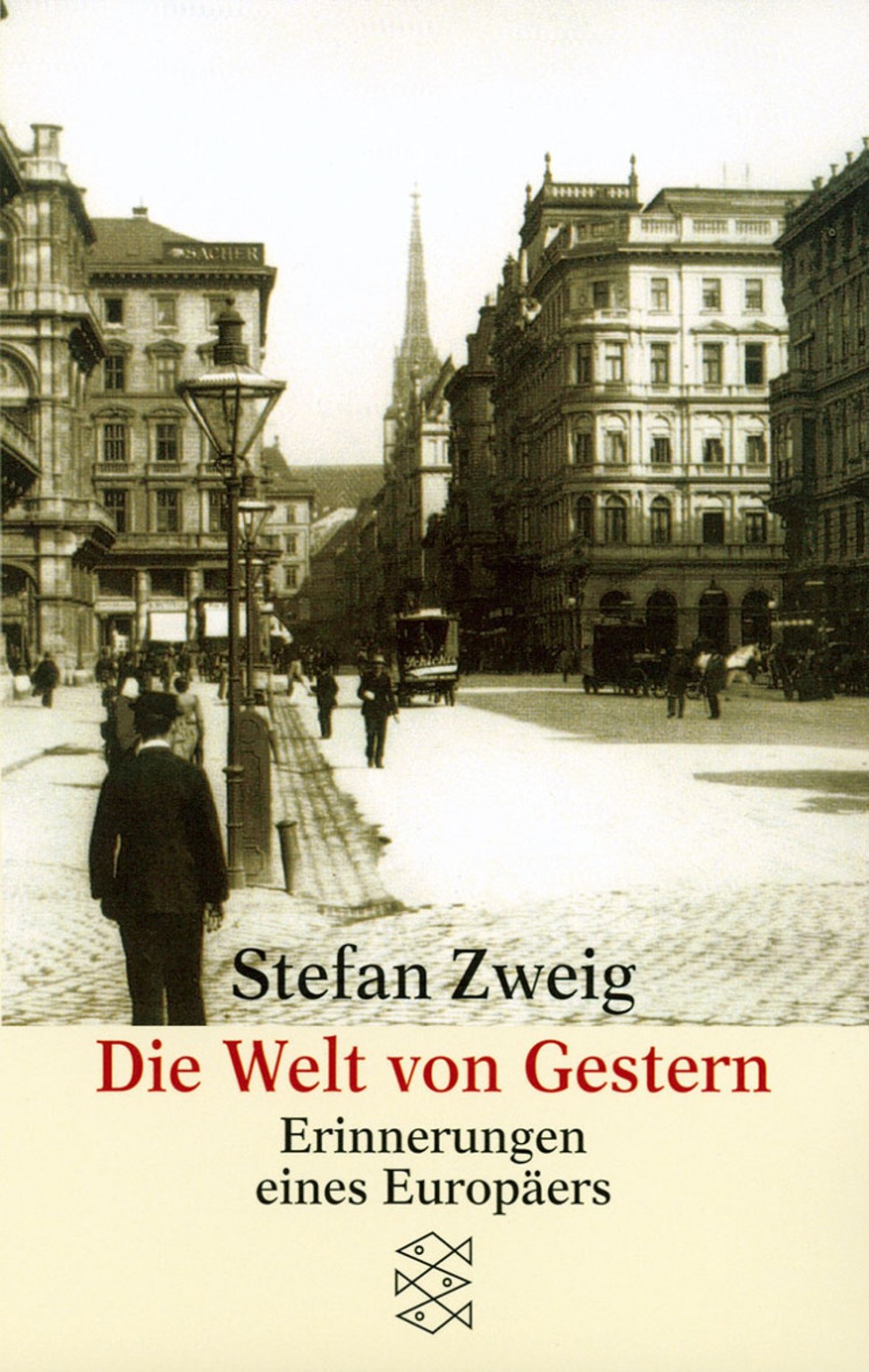
Die Welt von Gestern (The World of Yesterday)
by Stefan Zweig, 1942
Originally written in German, this marvellous book provides a fascinating insight into a world that has gone forever. Zweig was born to a Jewish family in Vienna in 1881 and lived long enough to see that familiar society on the way to destruction – he died in 1942.
He was quite wealthy and a best-selling novelist, biographer, playwright, manuscript collector and all-round intellectual. He refers to “the golden age security” as a period from 1900-30 when he was free to travel across Europe and meet like-minded people and intellectuals.
Zweig started writing this book in 1934. It’s nostalgic without being sentimental or cloying. He watches the proverbial shadows lengthen over Austria and considers his place as a Jew. It was no great surprise that he killed himself a day after he completed the manuscript.
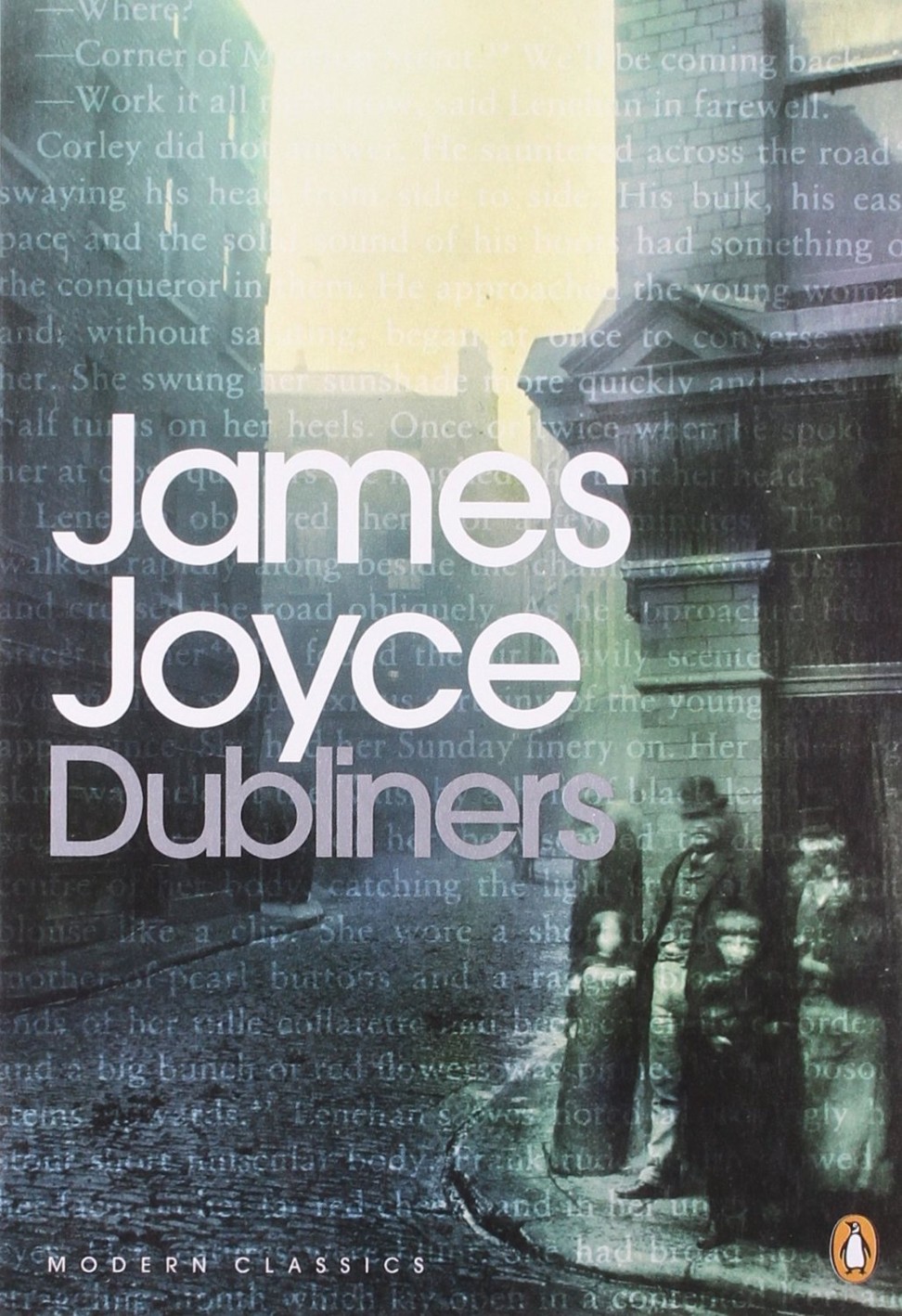
Dubliners
by James Joyce, 1914
I first read this at university. Dubliners is a collection of 15 short stories about ordinary people’s lives in Dublin. It’s an easier way into James Joyce than scaling the heights of Ulysses.
The stories collectively plot the course of “Life” – from an adolescent boy’s first experience of death to the death of a priest and the story of a married man in his 40s. I re-read this quite recently. Joyce’s tone is melancholic, but the overall effect is quite uplifting.
The stories are a series of meditations on the human condition. They are excellent, well-crafted stories from a literary, technical sense. It’s just the right mix and the stories aren’t too long or too short except for the last one, “The Dead”, that is a novella.
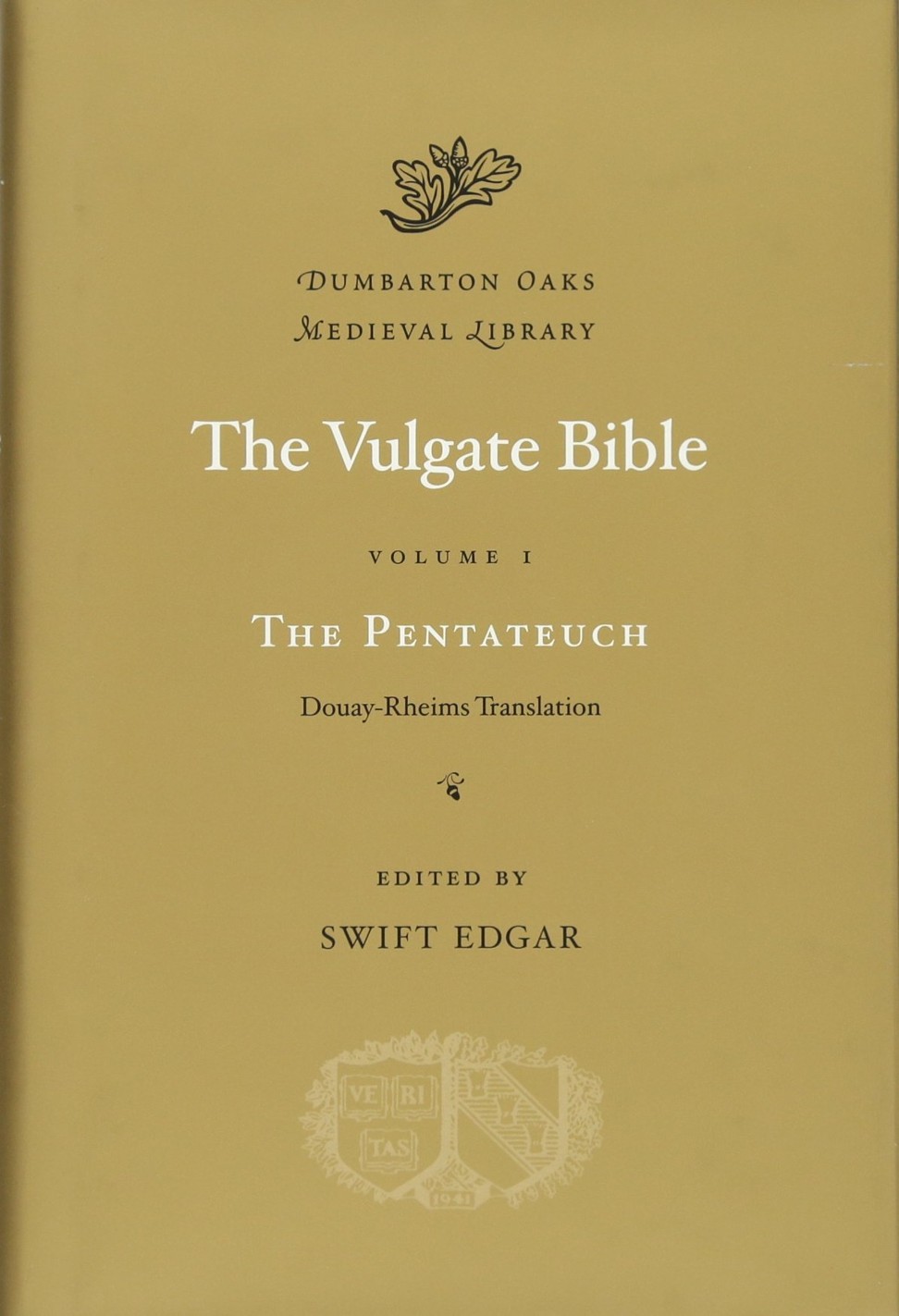
Vulgate Bible
late fourth century
My great regret from my school days was that I applied myself to Latin only so far to get a pass and be able to go to university – in those days you needed Latin to do an arts degree.
At university, I realised that to really appreciate the riches offered by medieval and early writers and poets, some fairly serious study of Latin and the Bible was necessary. I’ve started to rehabilitate my Latin by reading the Vulgate Bible – which is a late-fourth-century Latin translation of the Bible – and using the King James Version as a crib.
The KJV was published in 1611. The verses were drafted so they could be heard in church – direct, sonorous and pleasing to the ear. The KJV is part of our language even today – from it we get phrases such as “money is the root of all evil” and “eat drink and be merry”.
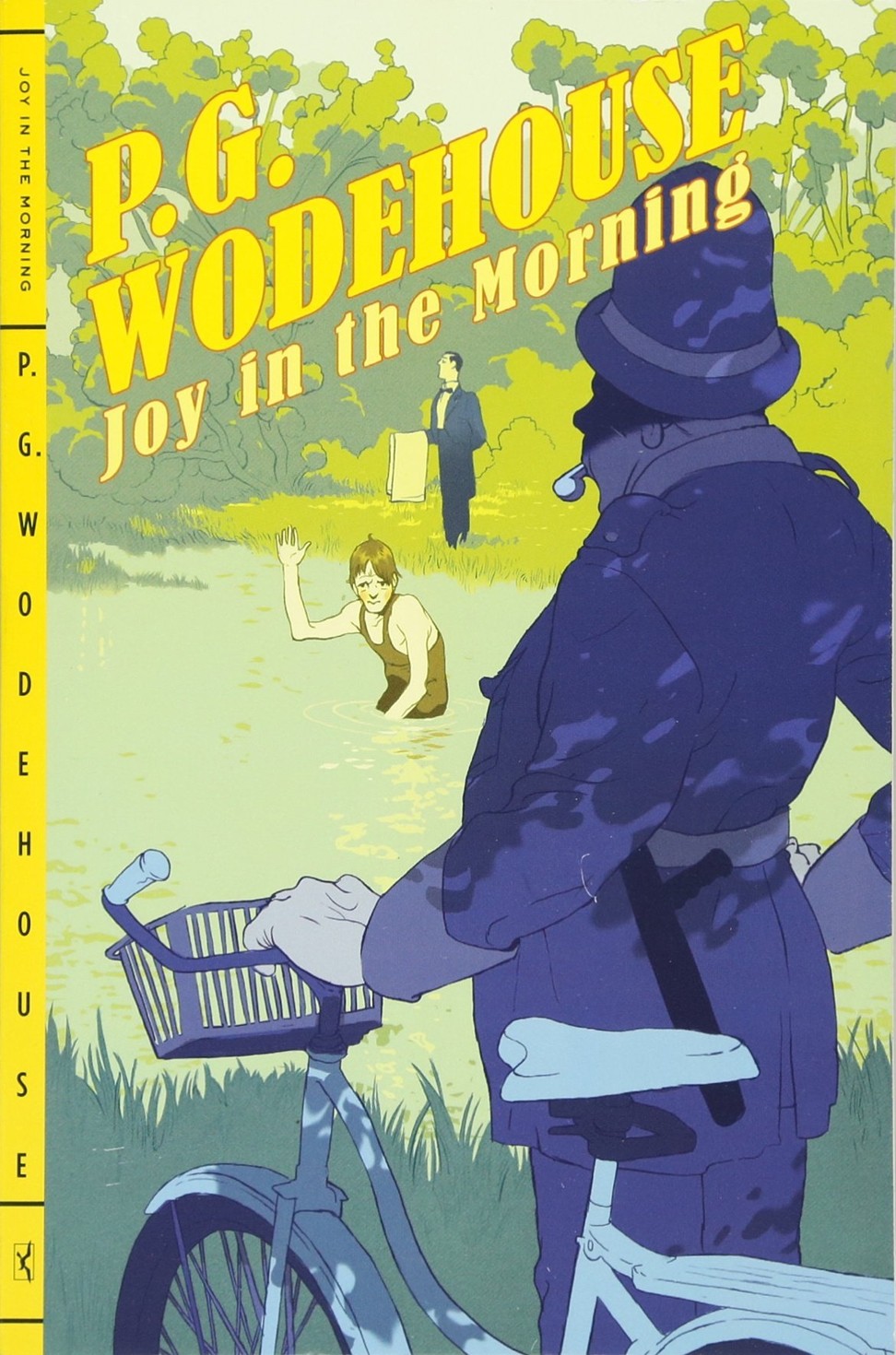
Joy in the Morning
by P.G. Wodehouse, 1946
P.G. Wodehouse was born in the same year as Stefan Zweig but they lived quite different lives. Wodehouse enjoyed a carefree life and huge literary success in the US and UK. He mastered the most difficult of literary arts – the comic arts – and makes it seem easy.
His books about the famous Bertie Wooster and his manservant Jeeves are really superb fiction soufflés – witty, original and absorbing. I’ve read many Wodehouse novels. I go back to any as a pick-me-up after a bad day in court. I haven’t read all of his work, but this is the best of those I’ve read.
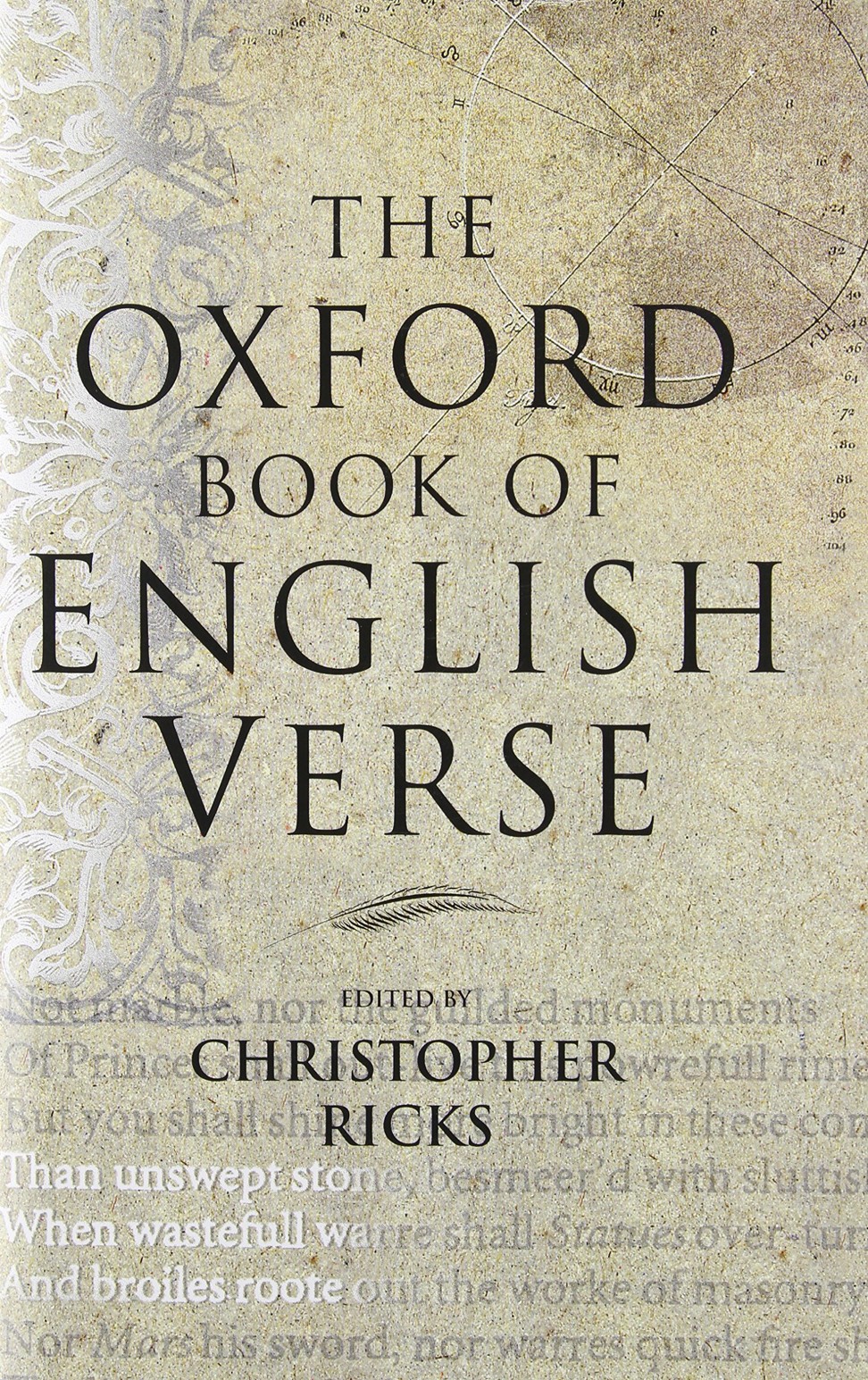
The Oxford Book of English Verse
edited by Christopher Ricks, 1999
If I were alone on a desert island I would read a lot of poetry. I’d choose this anthology because it includes many 20th-century poets such as Philip Larkin and Ted Hughes. I read poems because, as Samuel Taylor Coleridge said, poetry is “simply the best words in the best order”. A good poem can create magic out of an everyday experience.
The five books a US consul general in Hong Kong couldn’t live without: Kurt Tong’s must-reads for a desert island
On my desert island I would try to memorise some very long poems to recall the luscious and velvety sound of words – here I’m thinking of poems by Tennyson and Keats – or poetry that catches a conversational mode, I’m thinking of Robert Browning monologues. Or else story telling declaration for its own sake – poems by Rudyard Kipling. It is essential that you read poetry out loud. I do.

